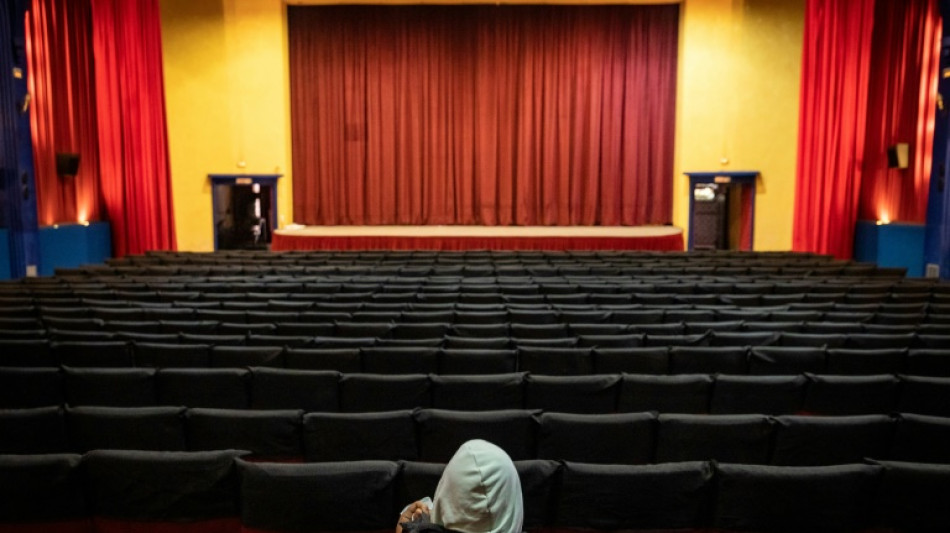
CMSC
0.1100


The cinema industry is reeling after US President Donald Trump announced 100-percent tariffs on foreign films, casting uncertainty over the future of international productions.
Trump announced on Sunday he was directing relevant government agencies to "immediately begin the process of instituting a 100% Tariff on any and all Movies coming into our Country that are produced in Foreign Lands".
He slammed other countries' "incentives to draw our filmmakers and studios away from the United States," calling that a "national security threat" and "propaganda".
In his post, on his Truth Social network, he added in capital letters: "WE WANT MOVIES MADE IN AMERICA, AGAIN!"
At the start of this year, Trump appointed veteran Hollywood stars Sylvester Stallone, Mel Gibson and Jon Voight to bring Tinseltown back "bigger, better and stronger than ever before".
Details on the film tariffs are still unclear but have still sent jitters and fuelled uncertainty.
The dilemma for producers and distributers is: do they no longer show a film made elsewhere in the United States, or do they make movies entirely in America to escape tariffs?
"It sounds potentially disastrous for the international film industry," a British agent told the specialist website Screen Daily, speaking on condition of anonymity.
- 'Hollywood is at stake' -
"There are many unknowns for our industry, but until we know more, there’s no doubt it will send shock waves worldwide," Matthew Deaner, director of the Australian Broadcasting Corporation, told the AAP news agency.
Trump's move appears to target a business model favoured by American studios and filmmakers who obtain subsidies or tax breaks to film in countries such as Britain, Canada, Ireland, Hungary, Spain and Australia.
These countries in turn benefit from jobs being generated by the filming and tourism revenue.
Many blockbusters are partially or entirely filmed outside the United States including some Marvel superhero movies, James Bond adventures and, most recently, Tom Cruise's "Mission Impossible: The Final Reckoning", which is due for release this month.
The New York Times last month published an investigation into the notable decline of productions made in Los Angeles and said: "Nothing short of Hollywood, as we know it, is at stake."
One union representative compared the decline to that of the automobile industry in Detroit half a century ago. The major manufacturers are still headquartered there, but the factories have disappeared.
"Major productions made from A to Z in the United States are rare," said Evelyne Snow, a spokeswoman for a Canadian film technicians' union, in an interview with the daily La Presse.
"An American production in Montreal supports 2,000 people, from the cameraman to the limousine driver," she said.
In France, the director of the French Film Commission, Gaetan Bruel, had sounded alarm bells last month, saying Europeans must "prepare for any eventuality" in the face of "a possible American offensive against our model" of state support for culture.
Variety, the US film business magazine, said of the tariffs: "Who wants this? Not Hollywood. The theater business is struggling to return to pre-pandemic levels. The last thing it needs is a new tax on movie tickets."
I.Taylor--ThChM--ThChM